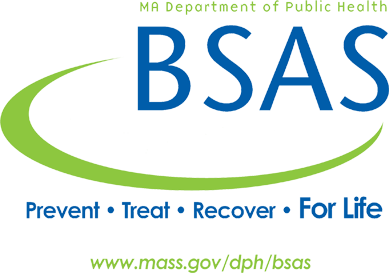CURE magazine, an informative and supportive media platform for cancer awareness, investigates the topic of opioid prescribing for pain management among individuals with late-stage cancer. The article articulates findings in a recent Journal of Clinical Oncology publication. Dr. Andrea C. Enzinger, the study’s author and a medical oncologist at Dana-Farber Cancer Institute , was interviewed for the article to discuss how regulations on opioid prescriptions coincide with increases in patient emergency department visits for pain management solutions.
To read the full article, click here.





